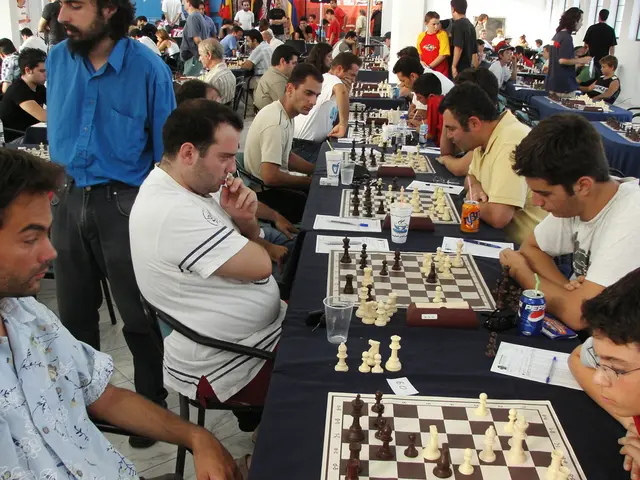Schleswig-Holstein Sets to Sell State-Owned Casinos: A Mixed Bag of Anticipations and Concerns
State of Schleswig-Holstein considers selling its state-owned gambling establishments: Is the commercialisation of gambling a viable option?
The Schleswig-Holstein government has announced plans to sell its four state-owned casinos located in Schenefeld, Lübeck, Kiel, and Flensburg. This move, a hot topic for quite some time, has stirred diverse reactions, with both supporters and critics weighing in on the potential implications.
Economic benefits are expected from the privatization, with the state government anticipating quick cash influx and minimal administrative burden, as per the Kieler Nachrichten reports. However, lessons from other federal states indicate that securing control in private hands isn't always a smooth process. Recently, there was considerable resistance to the takeover of Lower Saxony's casinos by the Merkur Group, which ultimately ended up in court.
Another concern arises from the potential shift of economic interests over gambling addiction prevention and social responsibility. Concerns escalate if the Schleswig-Holstein State Office for Addiction Issues, currently involved in staff training, is no longer part of the equation.
Online Casino Sector Also in the Crosshairs
Simultaneously, Schleswig-Holstein, along with Bavaria and Baden-Württemberg, has legalized online casinos. While the State Treaty on Gaming excludes popular table games like blackjack or roulette on the internet on a nationwide scale, regional exceptions are possible.
Interestingly, in contrast to Bavaria and Baden-Württemberg, which opted to grant the online business control to state-owned gambling companies, Schleswig-Holstein has embraced a licensing model. The four licenses have already been handed over to private firms, some of them based in Malta.
Long-Term Financial Outlook Remains Hazy
The move to privatize state-owned casinos raises doubts about the fiscal wisdom in the long run. While initial hefty revenue might be generated, the consistent income generated under state management would vanish. However, Schleswig-Holstein is expected to continue raking in profits from the casino operation through taxes. Whether the state will maintain any involvement in the future remains unclear.
As we navigate the evolving gambling landscape in Schleswig-Holstein, it's intriguing to ponder the impacts of this transition and the long-term evaluation of this decision. General insights from broader privatization trends suggest that short-term profit motives could overshadow long-term public interests, potentially impacting player protection measures. To minimize these risks, effective oversight frameworks are crucial, ensuring strings are attached to prioritize responsible gambling measures alongside profitability.
- The Schleswig-Holstein government's decision to sell its casinos has also extended to the online casino sector, with Schleswig-Holstein, Bavaria, and Baden-Württemberg legalizing online casinos.
- Unlike Bavaria and Baden-Württemberg, Schleswig-Holstein has chosen a licensing model for its online casinos, with four licenses already handed over to private firms, some based in Malta.
- Despite the potential initial revenue from the privatization of state-owned casinos, concerns arise about the long-term financial outlook, with the consistent income under state management likely to vanish.
- To minimize risks in the evolving gambling landscape, such as potential oversight of player protection measures, effective oversight frameworks are crucial, ensuring strings are attached to prioritize responsible gambling measures alongside profitability.




